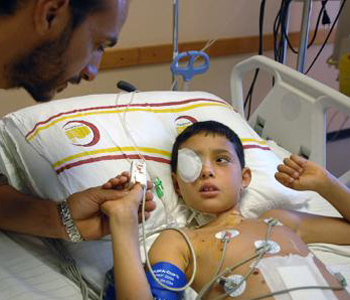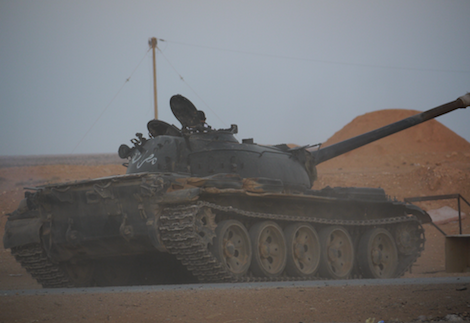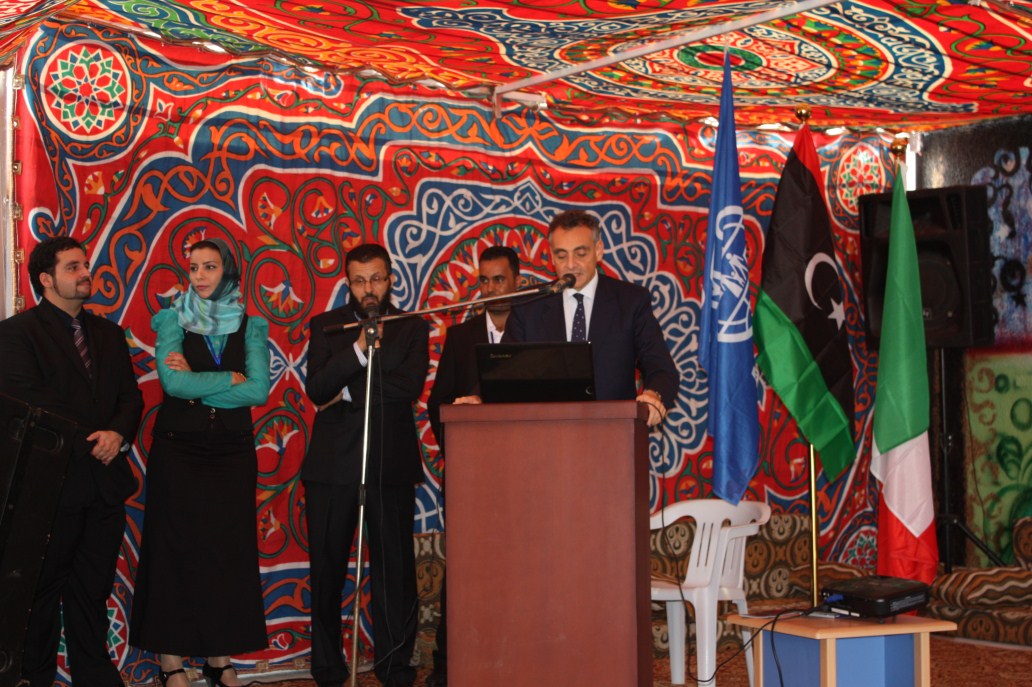Tripoli, 18 October:

Human Rights Watch (HRW) has called on Libya and other countries that have not yet banned antipersonnel landmines to . . .[restrict]join the treaty to eradicate these weapons. It made the call today, Thursday, the 20th anniversary of the International Campaign to Ban Landmines (ICBL), which HRW co-founded.
Libya has especial reason to sign up to the treaty HRW says.
“Government forces led by Muammar Qaddafi laid thousands of landmines during the 2011 conflict, drawing from a stockpile that is believed to number in the hundreds of thousands,” an HRW statement said. “A shrinking number of rebel groups also continue to use mines.”
There are no official figures on the number of people killed or injured by landmines either during last year’s revolution or since. However, there are regular reports of deaths and injuries. Several countries, including France, the UK and Brazil, have sent de-mining teams to work in Libya but the task is viewed as monumental.
The HRTW believes that Libya is moving towards signing. “In April 2011, we welcomed the statement by the NTC committing not to use this weapon and stating that ‘any future Libyan government should relinquish landmines and join the 1997 Mine Ban Treaty’,” said Advocacy Director of HRW ‘s Arms Division Mary Wareham. “Since then we have been encouraging the new government to follow-through on this commitment and make the Mine Ban Treaty a priority.”
In February 2012, the Mine Ban Treaty’s Special Envoy, Prince Mired Raad Al Hussein of Jordan, visited Libya as part of a delegation from Jordan and discussed Libya’s Mine Ban Treaty accession with Prime Minister Abdurrahim Al-Kib. Mired described the prime minister as “extremely forthcoming and interested” in the matter.
Two Maghreb state have signed the Mine Ban Treaty — Algeria and Tunisia — although Morocco and Egypt along with Libya have not. All countries in sub-Saharan Africa, however, are now on board the landmine ban. In total 160 states are party to it. [/restrict]












